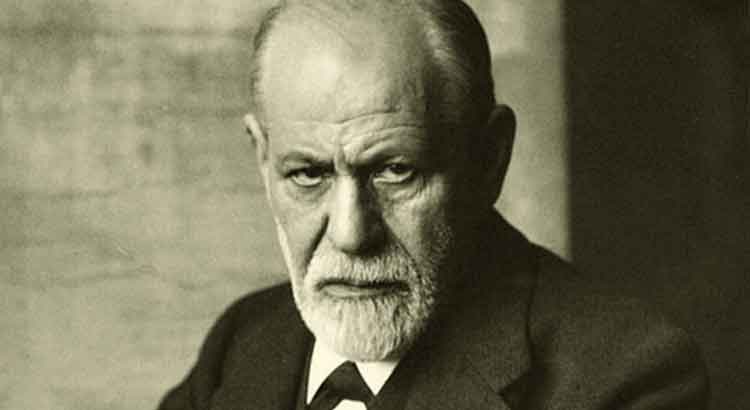True, true: it is not fair to condemn Freud for exposing his patients’ weaknesses, for exploring them in search of justifications; after all, it would not be possible to outline solutions for them otherwise. Freud, thus, fulfilled an important task of a psychiatrist. The problem, however, and the reprehensible, is to analyze his work as a whole and find that there is no evidence of superior possibilities for the human being. Freud, not finding them in his patients, could have found them in himself, could have conceived them, even if in an ineffective will to overcome. But he did not; and, naturally, he validated in himself what he sketched as a human model. It is curious: Nietzsche is often called crazy, his “beyond-man” an absurd utopia, his will to power a delirium. And the same people who do not understand him approve Freud’s ideas. But there it is: both Freud and Nietzsche stripped themselves bare, and if in the latter we find a powerful impulse that propels us to truth, art, and above all to victory over ourselves, in the latter we are faced with a prostration before the weaknesses of flesh and mind, the fruit of lamentable spiritual misery. There is no escape: the work ends up fatally revealing the author’s inner self.
It Is Not Fair to Condemn Freud…
